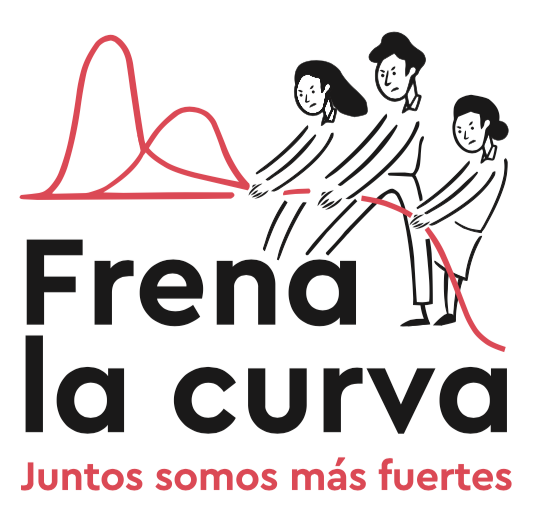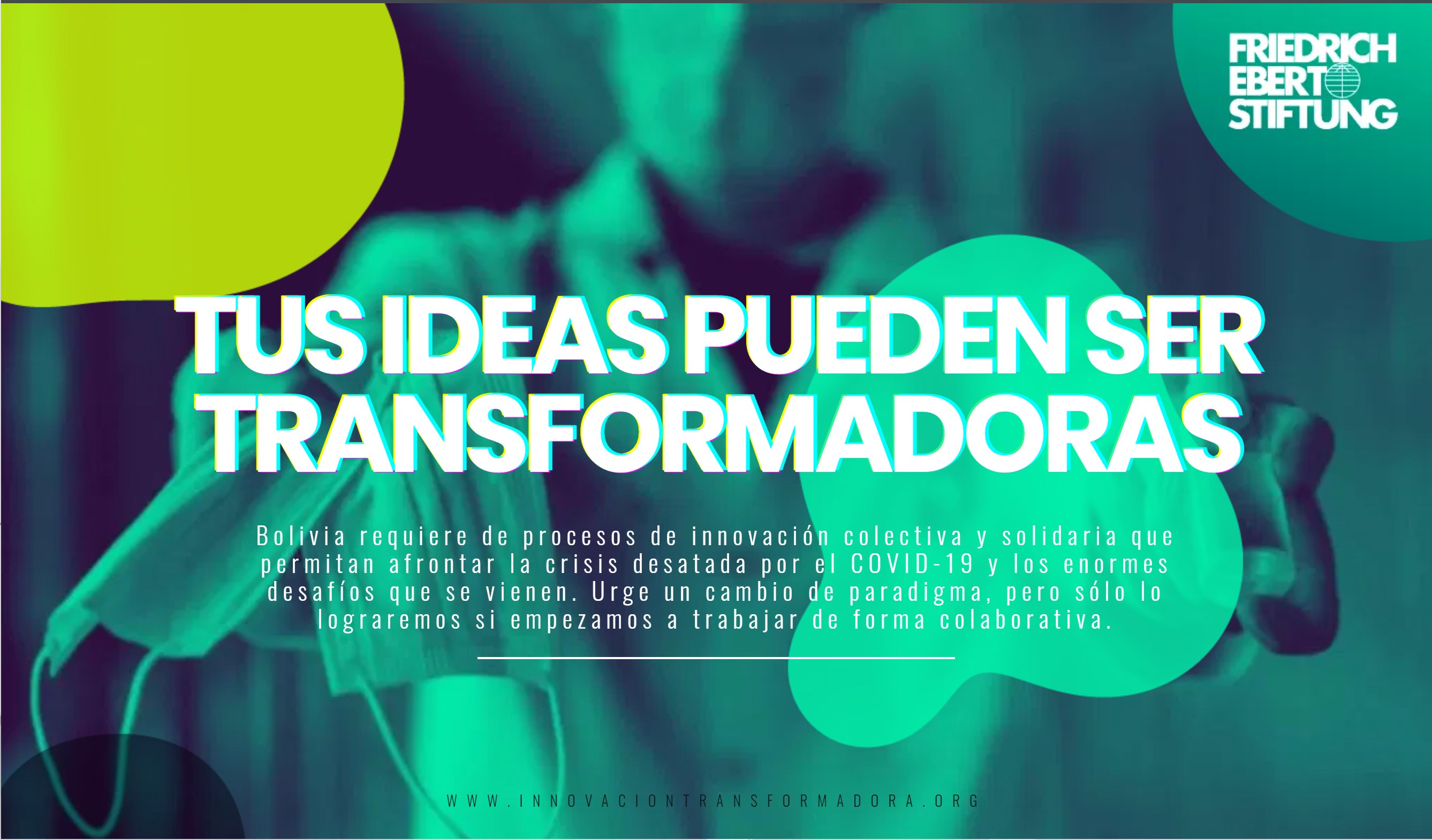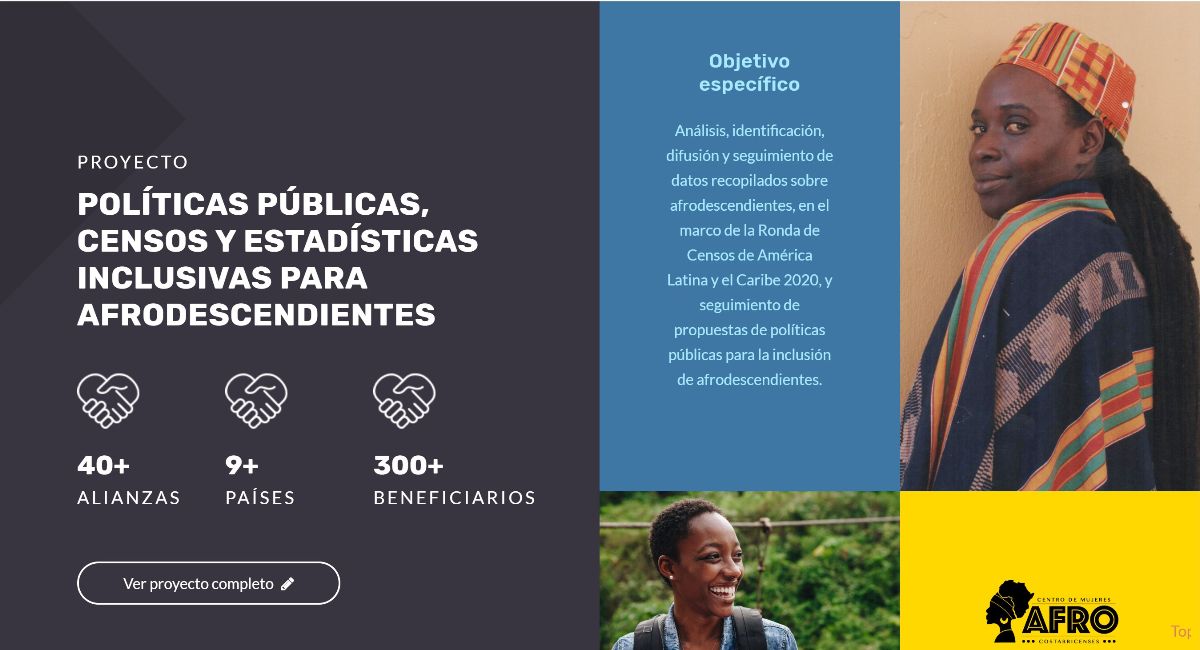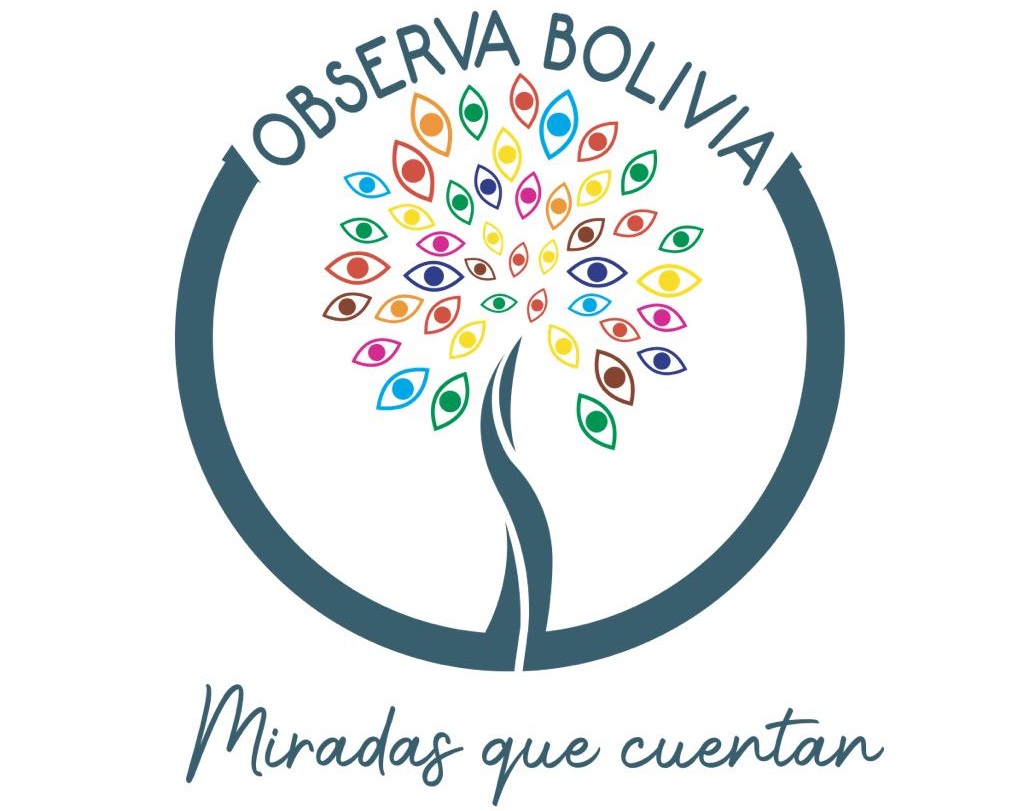News
December News 2020
Currently @ LATINNO
This was a very active year for Latin America. Despite the pandemic, the region experienced important political events such as the presidential elections in the Dominican Republic and Bolivia, the national referendum in Chile, the institutional crisis in Peru, and the intense demonstrations in Guatemala. The Covid-19 outbreak challenged governments and fueled economic, political and social crises. The pandemic is expected to cause the most severe economic and social crisis in the last century in the region, and will only increase existing structural inequalities (UN, 2020).
However, the pandemic has also mobilized civil society, which has been in charge of many and crucial innovative responses. The year 2020 has been remarkable in terms of civil society engagement and has disclosed its enormous potential to address the impact of the pandemic through coordinated action and collective intelligence.
As 2020 comes to an end, we would like to share our favorite democratic innovations this year. Our last newsletter of the year includes examples of responses against Covid-19, as well as democratic innovations focused on some other pressing issues in Latin America.
LATINNO’s 2020 in Numbers
For the Latinno team, this year was quite dynamic despite the pandemic. Not only have we continued working to consolidate the phase III of our project, dedicated to the completion and update of our database with cases up to 2020, but we also engaged in other amazing ventures.
We undertook a whole new mapping of civil society’s responses against the Covid-19 crisis, for which we analyzed 18 countries and identified more than 400 initiatives! You can check our results for democratic innovations here, and our findings for citizen initiatives here.
Our efforts have been fruitful, as this year our database hit the 3000 cases mark! As our database continues to grow, stay tuned for upcoming updates on democratic innovations in Latin America.
Happy Holidays from the Latinno Team!
Our Favorite Innovations vs. Covid-19
Let's Take Care of Panama - Panama
Let's take care of Panama (Span. Cuidemos a Panama) is an initiative of Panama’s civil society, that seeks to create a National Plan proposal for the period after the COVID-19 pandemic. The Plan aimed to identify citizen demands and responses to the challenges the country faces.
The plan was developed throughout 17 Social Dialogues, which were organized in 9 working tables. Each table addressed one of the following topics: institutional changes and justice, science and health, indigenous peoples, gender, youth, environment, human rights and social production. More than 300 citizens participated in the online meetings, which were held between April and July 2020.

Brake the Curve - Transnational
Brake the Curve (Span. Frena la Curva) is an initiative that was originally implemented in Spain after the sudden raise of Covid-19 cases. It has been implemented so far in 16 countries, including: Ecuador, Costa Rica, Chile, Colombia, Mexico, Brazil, Uruguay, Argentina, Peru, Venezuela, and Bolivia. The initiative works as a citizen platform that allows volunteers to complement existing governmental initiatives in order to reduce the effects of the pandemic, especially its impact on marginalized groups.
Through the platform, citizens, NGOs, and governmental actors can register and upload ideas and proposals to fight the pandemic, or contribute to existing initiatives. Citizens can register as “in need” or “volunteers”; with this information, the platform creates a map to detect people or communities in need in order for volunteered-citizens to provide help and donations. Additionally, the platform allows users to publish useful and updated information on the pandemic, and to verify and “fact-check” existing news and statements on the topic.

Transformative Innovation - Bolivia
“Transformative Innovation” is an online platform implemented by the Friedrich Ebert Stiftung in Bolivia to connect collective innovation initiatives addressing the humanitarian, economic, and social crisis unleashed by the current pandemic. The project’s objective is to democratize access to scientific and digital knowledge through the acceleration of automation and digital transformation. It articulates citizen initiatives that foster economic development, social justice, and the use of technology and seeks to connect innovators with each other.
Citizens can register and upload their own initiatives in the portal. Initiatives are then displayed to channel potential volunteers and supporters. Some of them include a platform that shows COVID-19 related infographics and audio files in indigenous languages, an open-data repository collecting georeferenced data on the supply of services and health facilities in Bolivia, a grass-roots campaign to deliver food supplies to elderly shelters, and many more.

Our Favorite Democratic Innovations of 2020:
Latin American Map of Femicides - Transnational
The Latin American Map of Femicides (Span. Mapa Latinoamericano de Feminicidios) is a digital monitoring tool designed by the civil association MundoSur with the aim of collecting and providing data and statistical information regarding femicides in Latin America. This tool was developed in 2020 as an effort to denounce and make visible the escalation of gender-based violence during the lockdowns implemented in several countries due to COVID-19. The map was also created to raise awareness on the vulnerability of women and girls in Latin America, where gender violence registered high rates even before the arrival of the Coronavirus.
The Map of Femicides is regularly updated with information gathered by MundoSur, and information provided by the 23 member organizations of the Latin American Network Against Gender Violence (Span. Red Latinoamericana contra la Violencia de Género); any organization or interested party can join the Network online. Overall, this initiative serves as a monitoring tool for other organizations, governments and media to access data. Additionally, MundoSur also publishes periodic reports on the situation of femicides in Latin America, in which they include policy recommendations for state authorities.

Public Policies, Censuses and Inclusive Statistics for People of African Descent in the Americas and the Caribbean - Transnational
In the context of the International Decade for People of African Descent 2015-2024, the Costarican Afro-Women Center (Span. Centro de Mujeres Afro Costarricense - CMA), with the support of the Spanish Agency for International Development Cooperation (Span. Cooperación Española), launched a project on public policies, censuses and inclusive statistics for people of African descent in the Americas and the Caribbean. The project aimed at preparing Latin America and the Caribbean for its 2020 census round by contributing to improve the quality of multi-ethnicity and Afro-descendant data, and to understand and better design ethnic and racial self-identification questions for the upcoming censuses.
Deployed in 9 countries, the project engaged various national census institutes and civil society organizations, as well as African-descendant experts on the topic of census-related policy formulation. They were invited to participate in multiple rounds of expert workshops, virtual conferences, and working-tables conducted in four rounds of country-visits. The project relied on the support of more than 40 stakeholders throughout Latin America and the Caribbean.

Bolivia Observes - Bolivia
Bolivia Observes (Span. Observa Bolivia) is an electoral monitoring initiative implemented by “Fundación Construir”, an organization made up by 16 civil society organizations that focus on generating research, monitoring political activities, and fostering social participation to promote justice and democracy in Bolivia. The initiative has the support of the European Union, the Spanish Agency for International Development Cooperation (AECID), and International IDEA. “Bolivia Observes” aims to guarantee transparency in Bolivia’s general elections 2020 through the impartial and independent examination of the electoral process.
Through this initiative, citizens were able to register online as volunteers to monitor the training processes of electoral judges. Registered citizens got access to information, materials, and workshops to prepare for the monitoring tasks. For the electoral process, 2,500 volunteers were trained and the monitoring activities were held in three stages and through 14 different indicators with the purpose of creating a report with conclusions and recommendations that will be presented to the Plurinational Electoral Body (Span. Órgano Electoral Plurinacional).

